You have two choices in life:
A monotonous, unrewarding 9-5. Rigid work hours and an overly straight office chair.
Or film a 30-second video in pajamas for 9 million views and five brand deals. Work when you feel like it, where you feel like it. Become an influencer.
Influencing has become one of the most popular job markets around the globe. In an industry valued at $250 billion, it’s all about finding your niche and appealing to the audience for more views, more likes and more revenue.
But behind the screen, behind those cheery smiles and fluorescent ring lights, reveals a much darker reality.
Influencers need fans. Each 10-second video clip and seemingly candid story is deliberate. Influencers work to appear relatable but evoke jealousy at the same time. So maybe they do travel on brand trips to Europe bi-weekly, but they still spill their $20 iced coffee, so they’re just like us!
When this “authenticity” is the currency of an influencer’s success, nothing too personal is free from exploitation. Mental breakdowns become opportunities for content. Family tragedies are brand deals waiting to be struck.
In the process, influencers sacrifice their mental health, privacy and most importantly, their identity.
They are under constant pressure to reveal more and more of their lives to stay relevant. And while some blossom, others break.
Owen Zhang, a Class of ‘22 graduate (who happens to be my semi-self-obsessed older brother), was one of these victims. Since posting his first TikTok in the winter of 2021, he gathered a base of over 80k netizens and a rapidly growing presence across all social media platforms. I was privy to every new milestone.
But at the peak of his potential, Zhang took a step back from generating content.
“I was pushing out more and more TikToks and my followers were increasing, but the pressure to maintain that consistent posting was just not feasible for me,” Zhang said.
In August of 2022, he was preparing to enter his first year of college.
“I was trying to figure out exactly who I wanted to be, especially going into this new chapter of my life,” Zhang said, “But social media is purely adapting to your audience. At one point, the line between your real identity and the one curated for your followers online becomes blurred”
“It gets overwhelming.”
After Zhang made the ultimate decision to private his TikTok and Instagram accounts, he felt a weight lifted off his shoulders, no longer fettered by what he felt were the “shackles of maintaining a social media presence.”
And he’s not the only one. Four out of five content creators are burnt out and struggle with their mental health. From TikTok star Addison Rae to makeup artist Jeffree Star to popular digital magician Zach King, too many influencers have cited the industry’s causes of anxiety, depression and feelings of inadequacy and isolation.
The industry is toxic. Yet the value of the United States influencer marketing sector is projected to reach an estimated $50 billion by 2028. Still ever successful because of us.
Consumers hold ultimate power in the influencer market. No matter how hard influencers try, it’s all about how we respond.
We are the dutiful little leprechauns “liking”, “sharing” and “commenting” simply because these social media figures satisfy our innate desire to belong. Whether it be copying Queen Elizabeth’s court fashions in the 1500s or buying a specific pair of blue sweatpants because a viral video said so, the psychology remains the same: we all want to fit in. To feel like a perfect puzzle piece in the greater image of society.
We are the industry’s victims as much as any influencer. Watch the videos. Use the promo codes. Then, add the recommended products to our wishlist. As long as we are willing to be spoon-fed whatever influencers have to offer, the market will continue to skyrocket.
But at what cost? As more influencers begin to speak out about the downsides of the industry, we must reconsider our values. If we have the power to drive this toxic cycle, we can break it. We must break it.
Weigh the consequences of a facade of perfection. Appreciate genuine connections through shared experiences. Collectively decide to move away from this brainless consumption, or we’ll continue to see influencers trip over themselves.


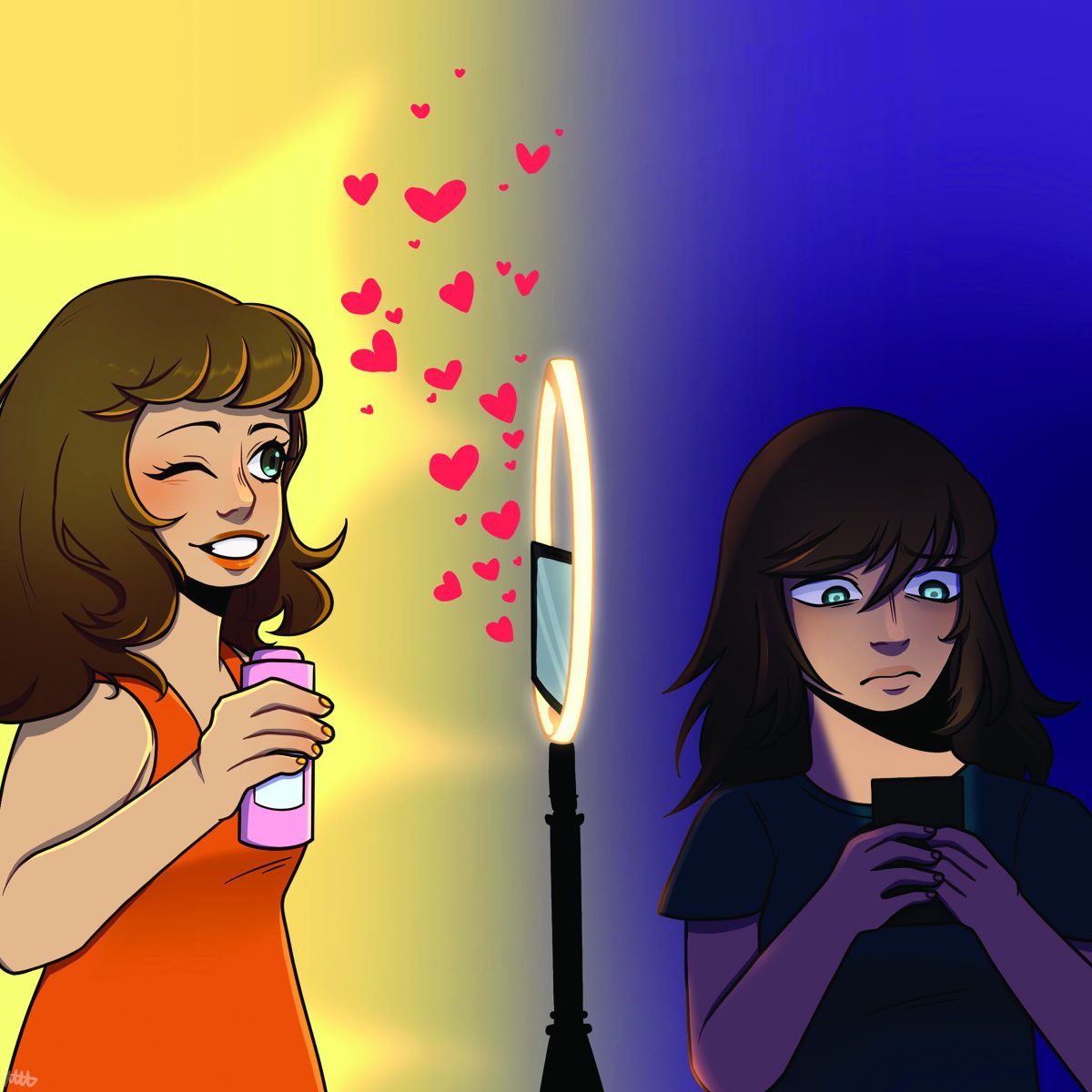
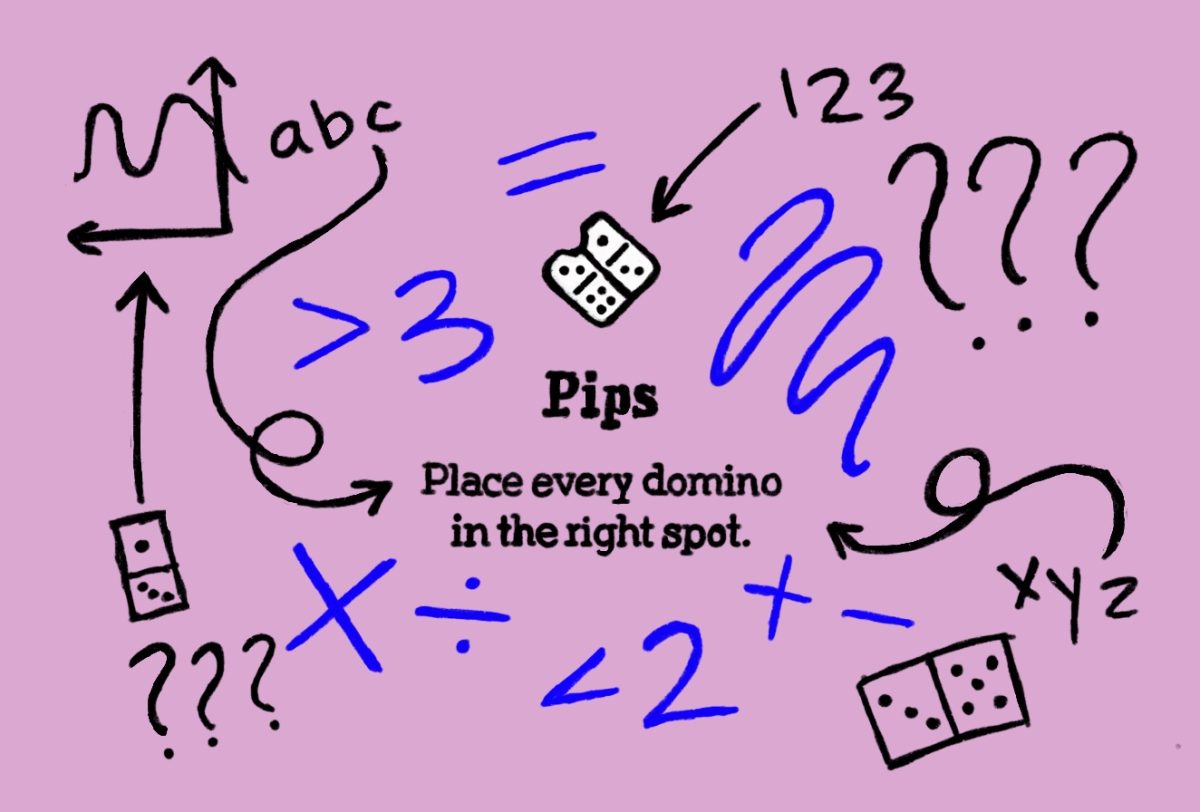

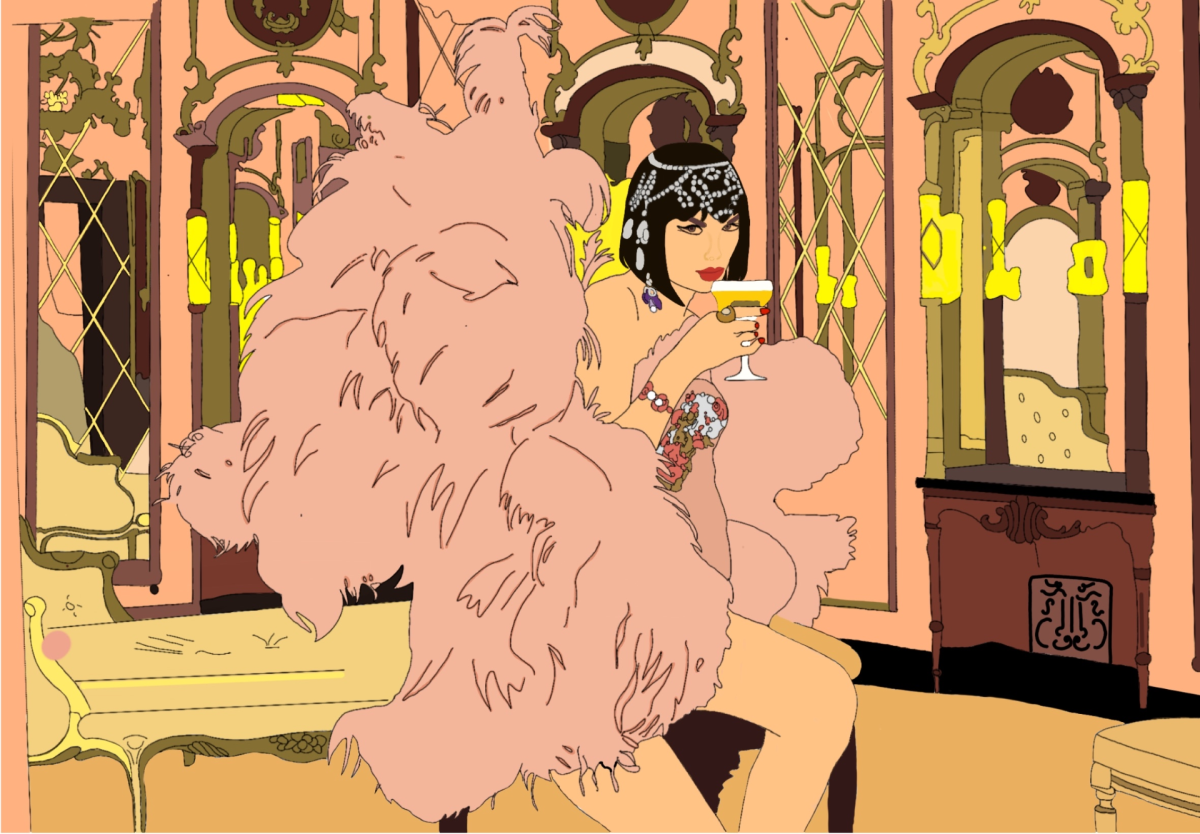

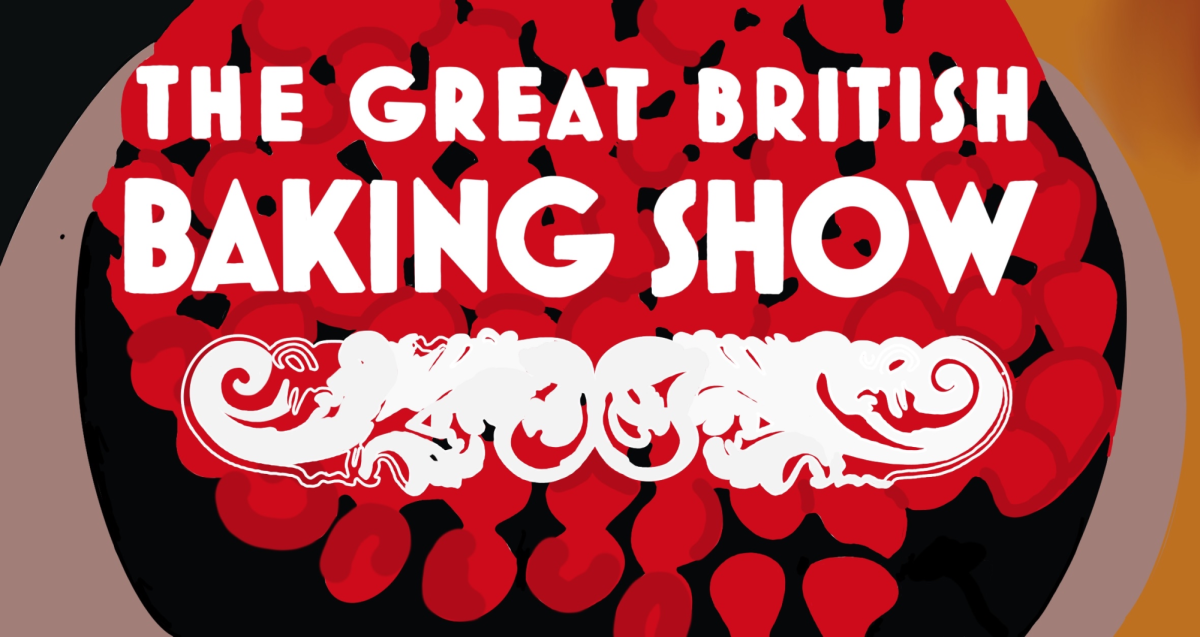
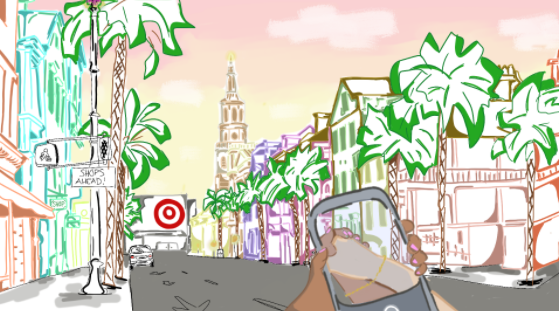
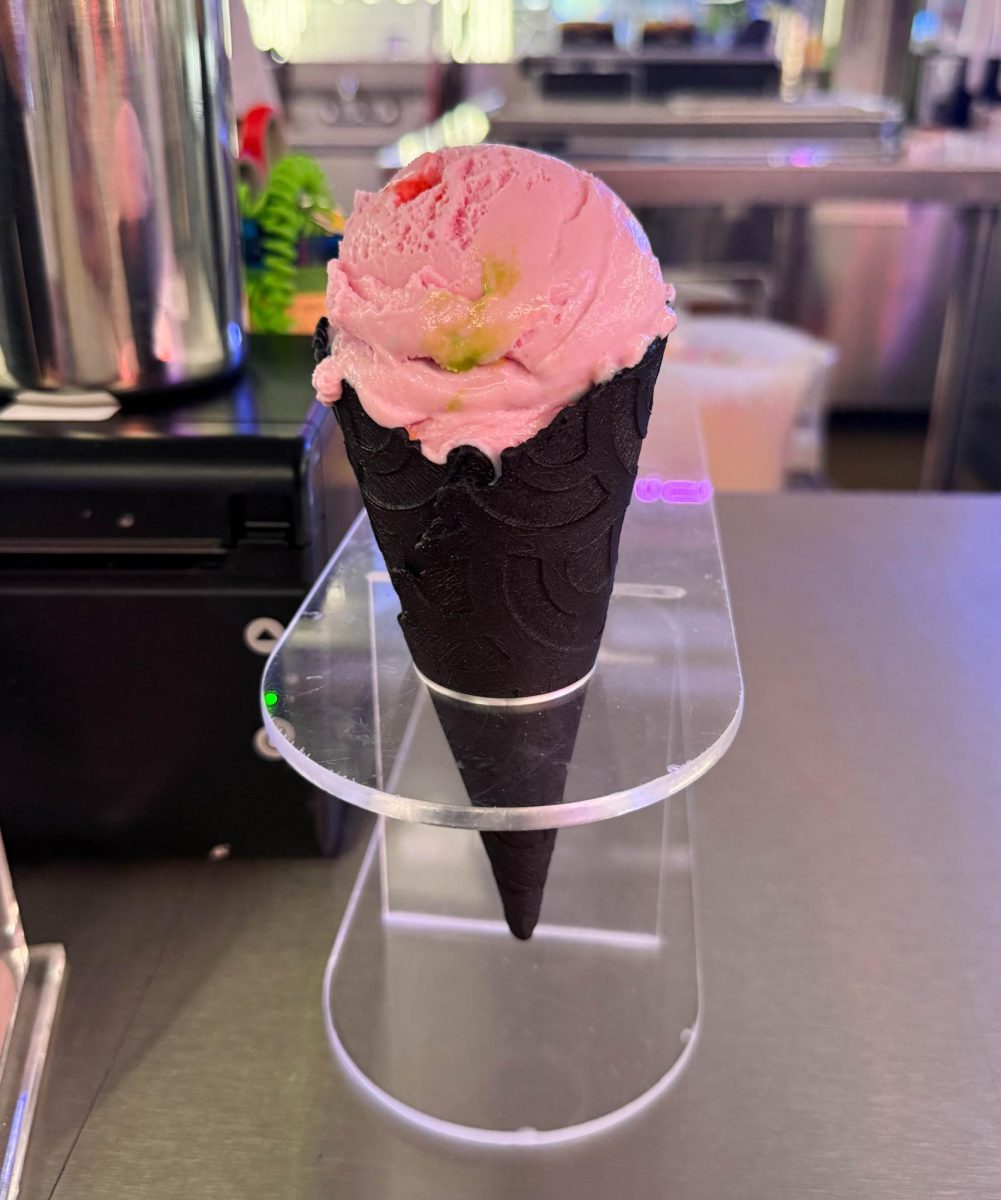
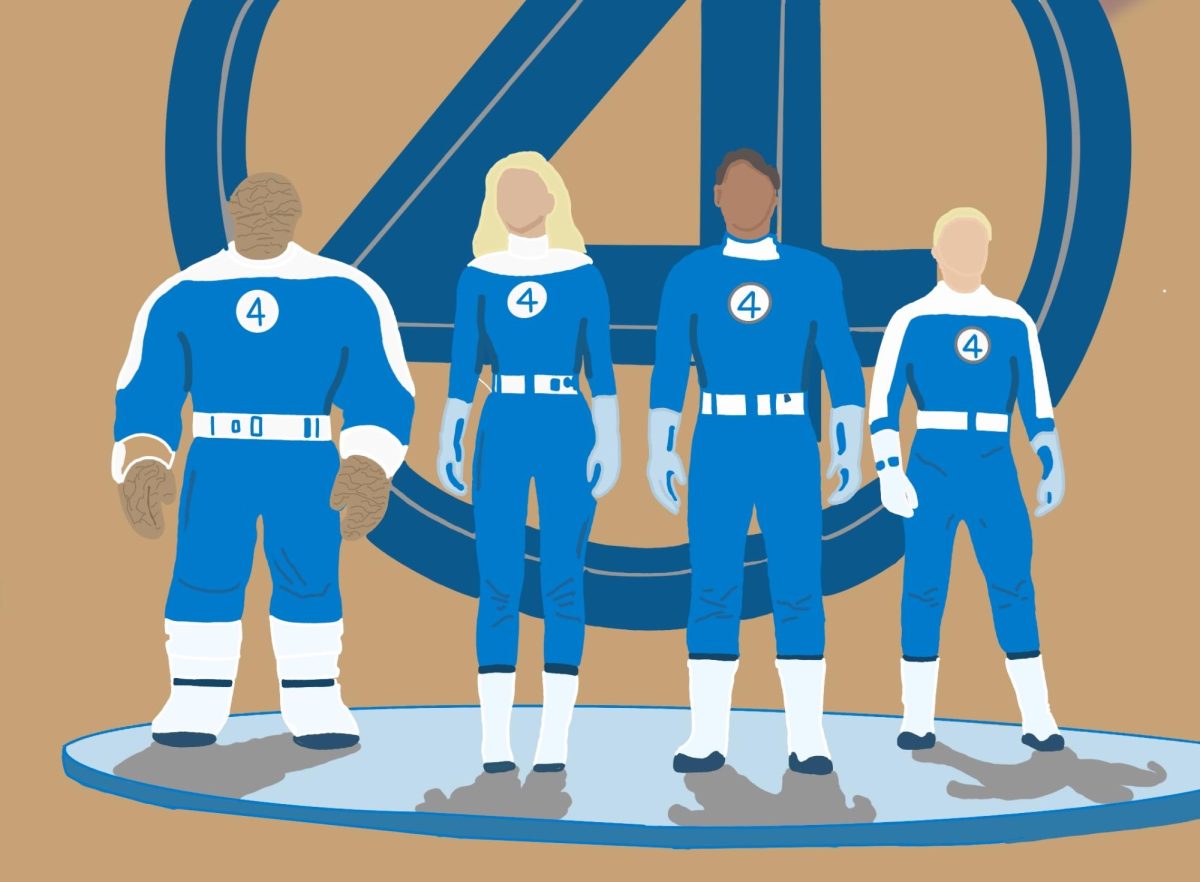
Rosalie • Nov 4, 2024 at 11:16 am
Amazing story Elly!
Clementine Behelfer • Nov 1, 2024 at 2:01 pm
Really interesting story, great job!